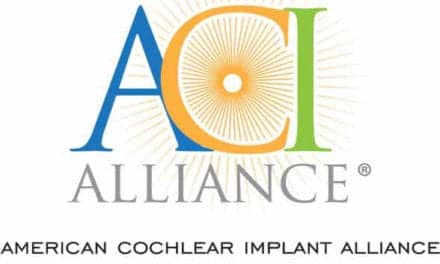On November 17, the House version of the Medicare Audiology Access Improvement Act (H.R. 6445/S. 2377) was introduced by Representatives Gus Bilirakis (R-FL) and Matt Cartwright (D-PA). This complements the also bipartisan Medicare Audiology Access Improvement Act introduced in the Senate in July by Senators Chuck Grassley (R-Iowa), Elizabeth Warren (D-Mass), and Rand Paul (R-Ky.).
This House bill would remove the pre-treatment order requirement for Medicare Part B coverage, authorize the CMS to reimburse audiologists for Medicare-covered diagnostic and treatment services, and reclassify audiologists as practitioners under the Medicare statute, for continued teleaudiology services.
Further Reading: Senators Introduce Bipartisan Bill to Expand Medicare Audiology Assistance
ASHA President Bob Augustine was quoted in Rep. Bilirakis’s press release introducing H.R. 6445, noting that “ASHA looks forward to continued collaboration with these leaders and our allied partners to enact this bill as soon as possible—and to remove unnecessary bureaucratic barriers that prevent seniors from getting the hearing and balance care they need, when they need it.”
The president of the ADA also expressed support for the bill. “We applaud Representative Bilirakis and Representative Cartwright for championing the Medicare Audiology Access Improvement Act to reduce treatment delays and out of pocket costs for Medicare beneficiaries seeking hearing and balance services that will improve their health, safety, and well-being,” said Dawn Heiman, AuD, president of the Academy of Doctors of Audiology. “This landmark legislation aligns Medicare Part B policies with evidence-based practices to optimize clinical outcomes, to promote Medicare system efficiencies, and to deploy scarce healthcare workforce resources most judiciously.”
H.R. 6445 original co-sponsors include Congress members Bill Johnson (R-OH-6), Jan Schakowsky (D-IL-9), Nancy Mace (R-SC-1), Lisa Blunt Rochester (D-DE-At Large), Brian Fitzpatrick (R-PA-1), David Trone (D-MD-6), Daniel Webster (R-FL-11), Steve Cohen (D-TN-9), Doug LaMalfa (R-CA-1), Raul Grijalva (D-AZ-7), Bill Foster (D-IL-11), and Mark Pocan (D-WI-2).
The Senate bill already has 10 bipartisan co-sponsors, up from its original six.




